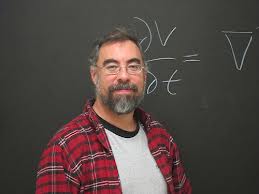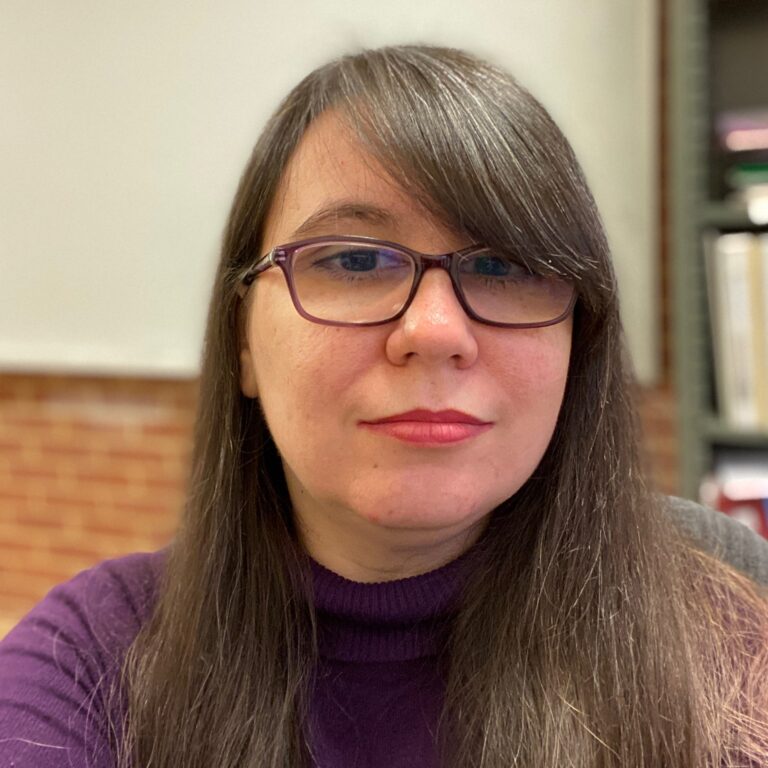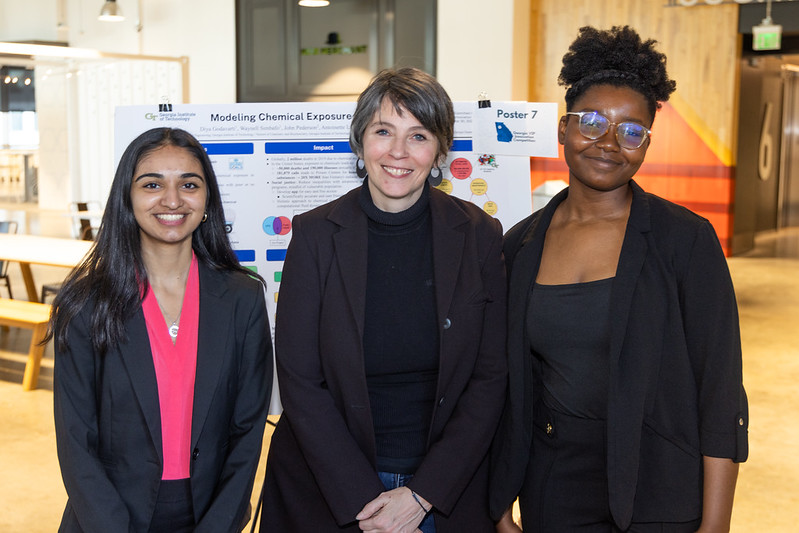The Center for Teaching and Learning (CTL) is pleased to announce the recipients of the third round of Undergraduate Sustainability Education Innovation Grant. Recipients from this round represent four colleges and 13 schools, with total support exceeding $144,000. The grants aim to transform instruction using the United Nations Sustainable Development Goals (UN SDGs).
“These awards advance Georgia Tech’s Strategic Plan to connect globally and amplify impact by contributing to global efforts that advance the U.N. SDGs through our education, research, and service,” said Rebecca Watts Hull, assistant director of Faculty Development for Sustainability Education Initiatives. “Huge thanks to Sustainability Next for funding these grants and to the Undergraduate Sustainability Education Committee (USEC) for managing them.”
All three rounds of grant-funded projects feature high enrollment and core courses, significantly expanding the reach of Georgia Tech’s sustainability-across-the-curriculum initiatives.
School of Physics Professor Flavio Fenton is one of the third-round recipients, working with School of Physics Academic Professional Emily Alicea-Muñoz to integrate the UN SDGs into a computational physics course. For Fenton, sustainability education is a vital part of addressing today’s challenges. “In an era marked by unprecedented technological advancement and pressing environmental concerns and complex global challenges ranging from climate change to socioeconomic inequality, addressing these issues demands interdisciplinary solutions and a profound understanding of the interconnectedness between science, society, and the environment,” said Fenton. In their computational physics course, he and Alicea-Muñoz will develop cutting-edge educational resources that blend concepts with real world applications using the UN SDGs. “Through the creation of interactive codes, simulations, and learning modules, we envision a transformative learning experience that empowers students to apply their theoretical knowledge to address pressing global energy challenges,” he said. Fenton also noted that they plan to present the software programs and modules developed through this project at the American Association of Physics Teachers (AAPT) conference, expanding access to other physics courses and teachers.
Grant recipients are encouraged to join the Community of Practice on Transformative Teaching with the SDGs. More than 30 faculty members participate in the Community of Practice, meeting regularly to present works in progress, get peer feedback, share resources, and develop strategies to engage more faculty and students in sustainability education.
“Participating in this grant program was a wonderful learning experience, not just for my students but also for myself,” said HyunJoo Oh, assistant professor in Industrial Design and Interactive Computing. Oh was a second-round grant recipient focused on sustainable design principles like prototyping smart products, environmentally responsive design, and the circular economy. “The program provided me with valuable resources and motivation to push myself further. Participating in the Community of Practice on Transformative Teaching with the SDGs was also inspiring. It was wonderful to meet colleagues from different units across campus who share the same passion for sustainability.”
Ingeborg Rocker, 2023-24 USEC chair, noted that the grant program fosters Georgia Tech’s mission to “develop leaders who advance technology and improve the human condition,” which depends on social, environmental and economic sustainability. “USEC advances cross-disciplinary curricular and co-curricular learning opportunities that foster the next generation of sustainability leaders.” Matthew Reallf, incoming USEC chair, added “these grants enable Georgia Tech faculty to couple their creative talents with Tech’s strategic plan to develop exceptional leaders from all backgrounds ready to produce novel ideas and create solutions with real human impact. Supporting diverse faculty with the resources to explore these opportunities is a privilege.”
Learn more about sustainability education at Georgia Tech through the Sustainability Next Plan and the Climate Action Plan. Want to get involved? Contact Matthew Realff, chair, for more information about the Undergraduate Sustainability Education Committee or reach out to Rebecca Watts Hull for support with sustainability and SDG course design or redesign.
To view the list of recipients and projects, visit CTL's blog.
For More Information Contact
Bethany Harris
Center for Teaching and Learning






